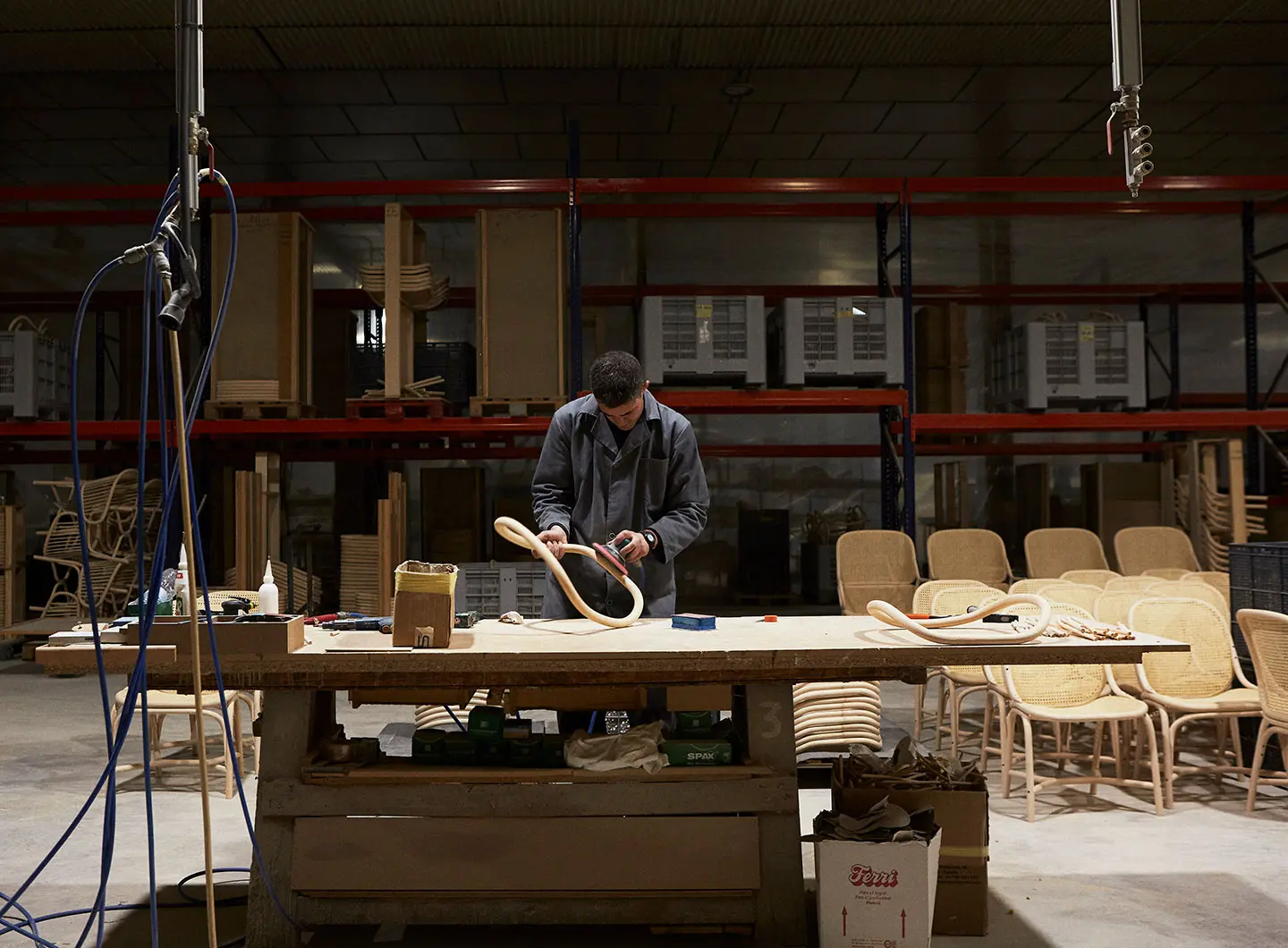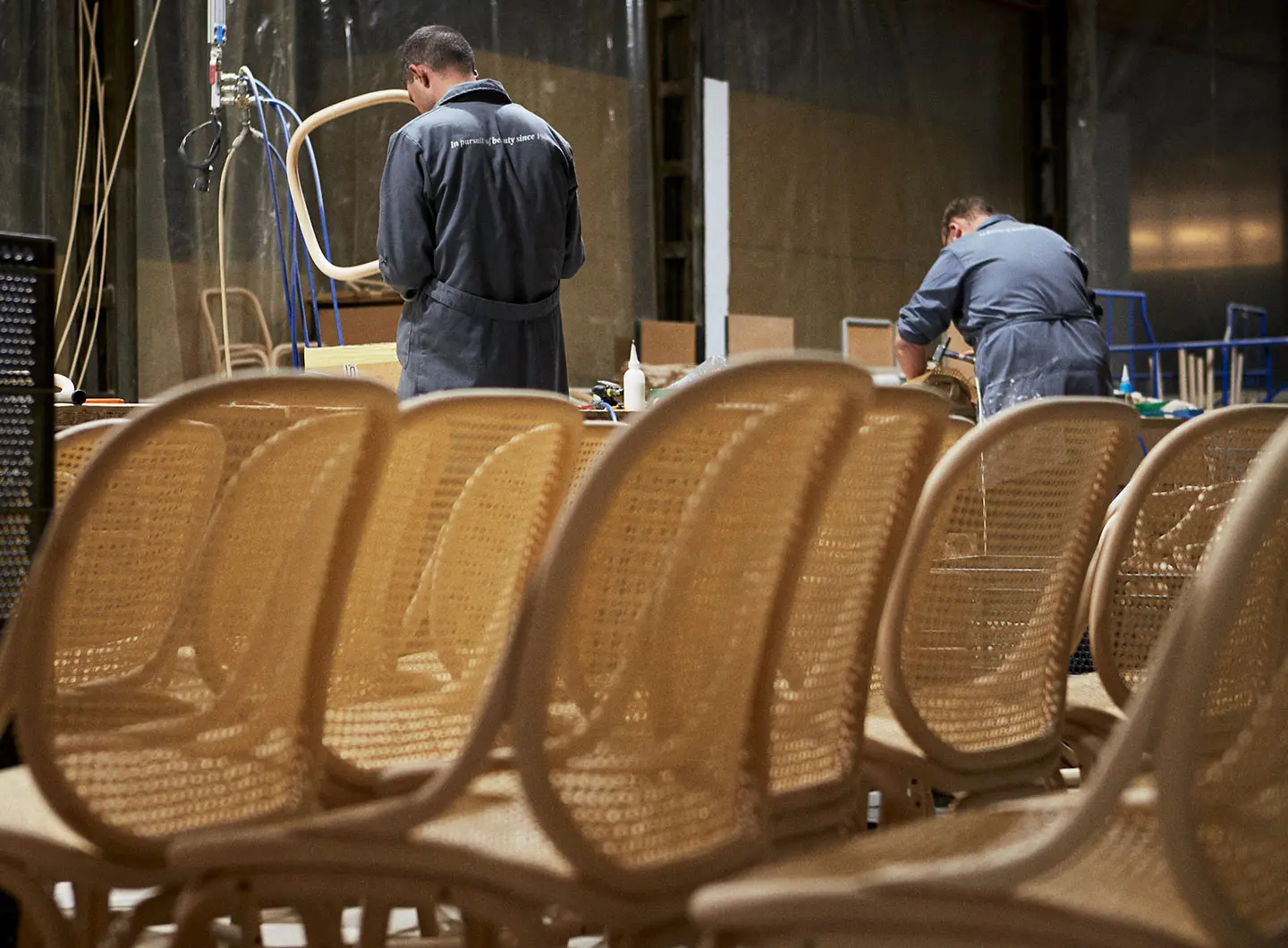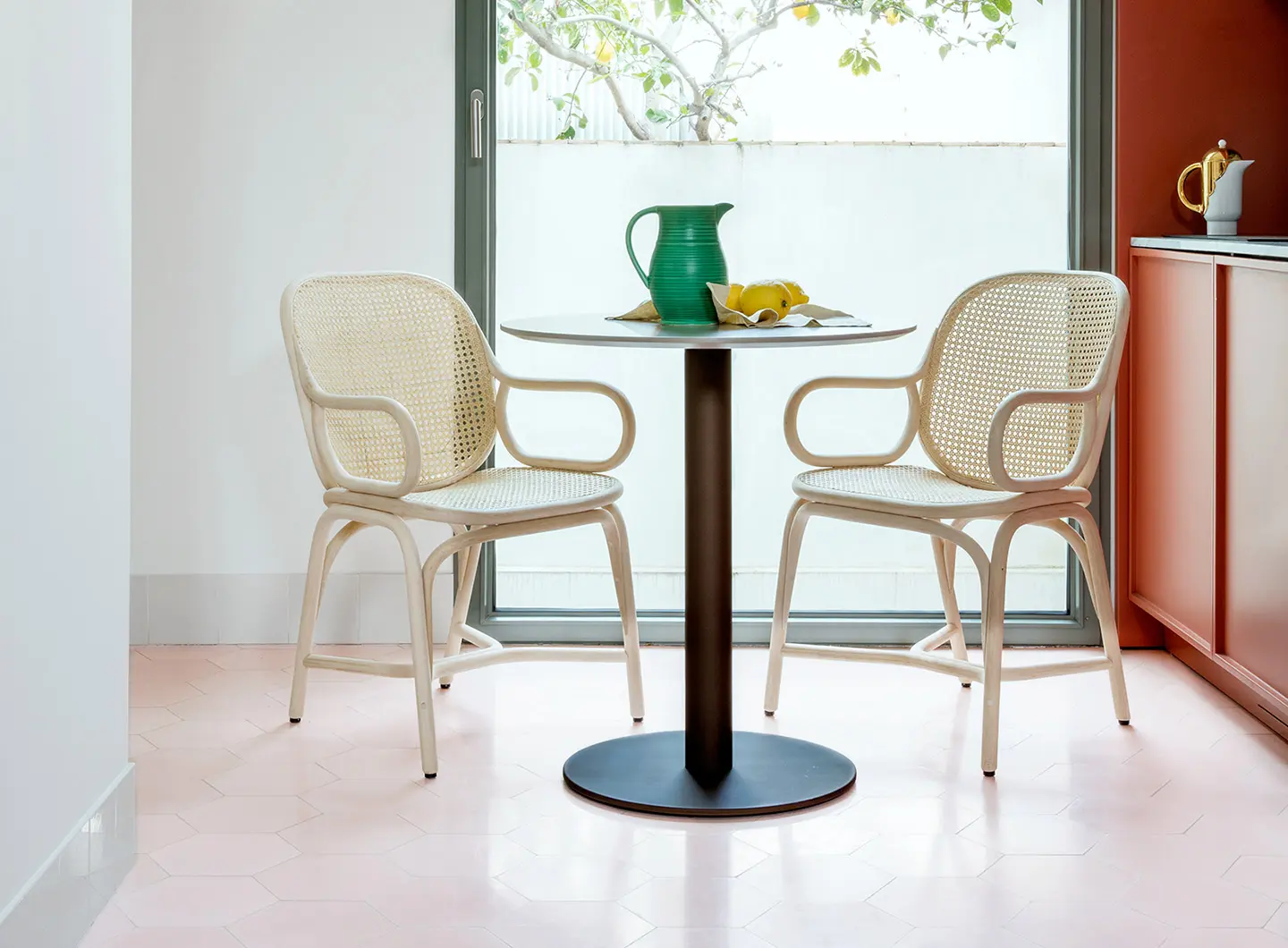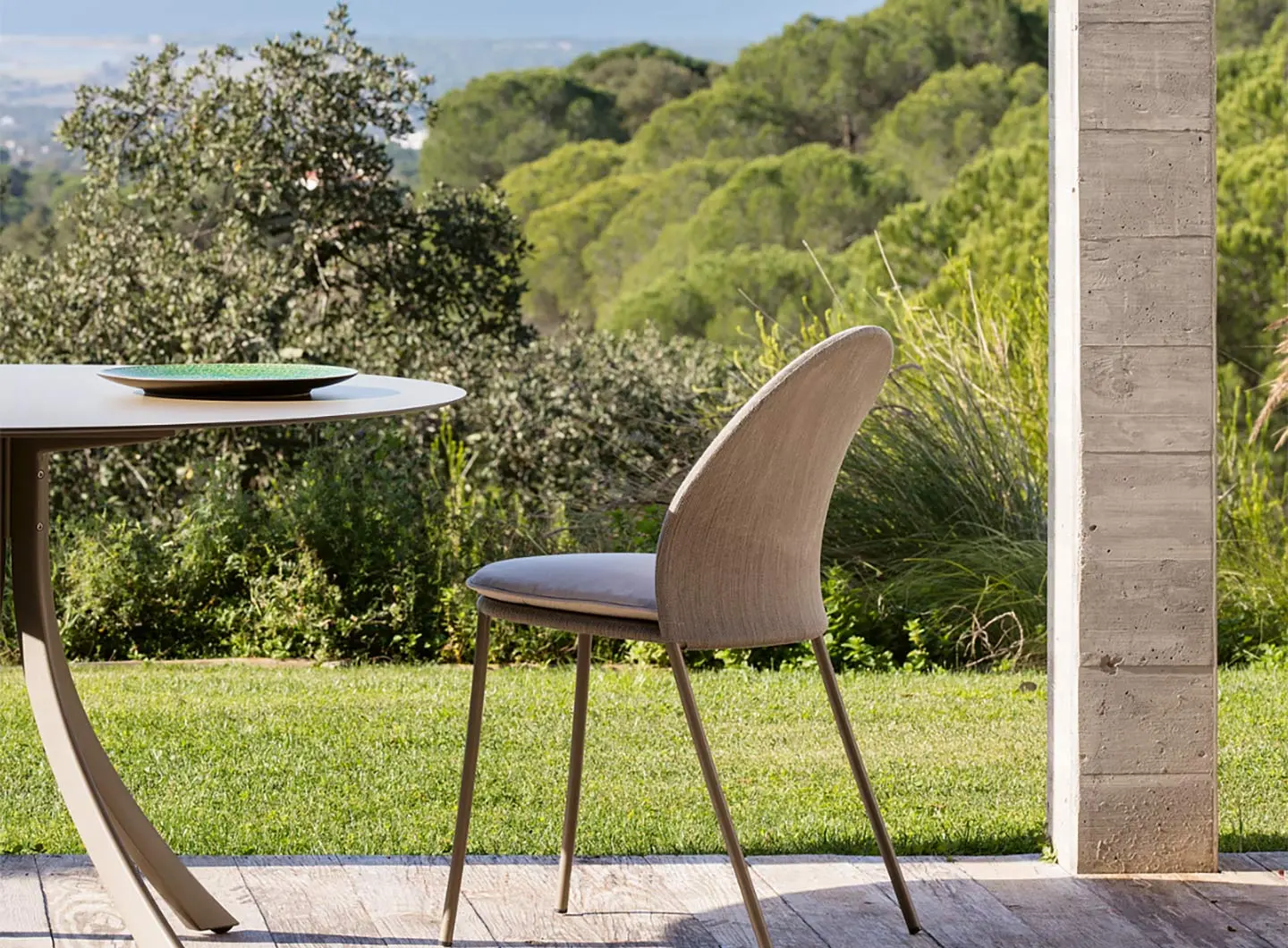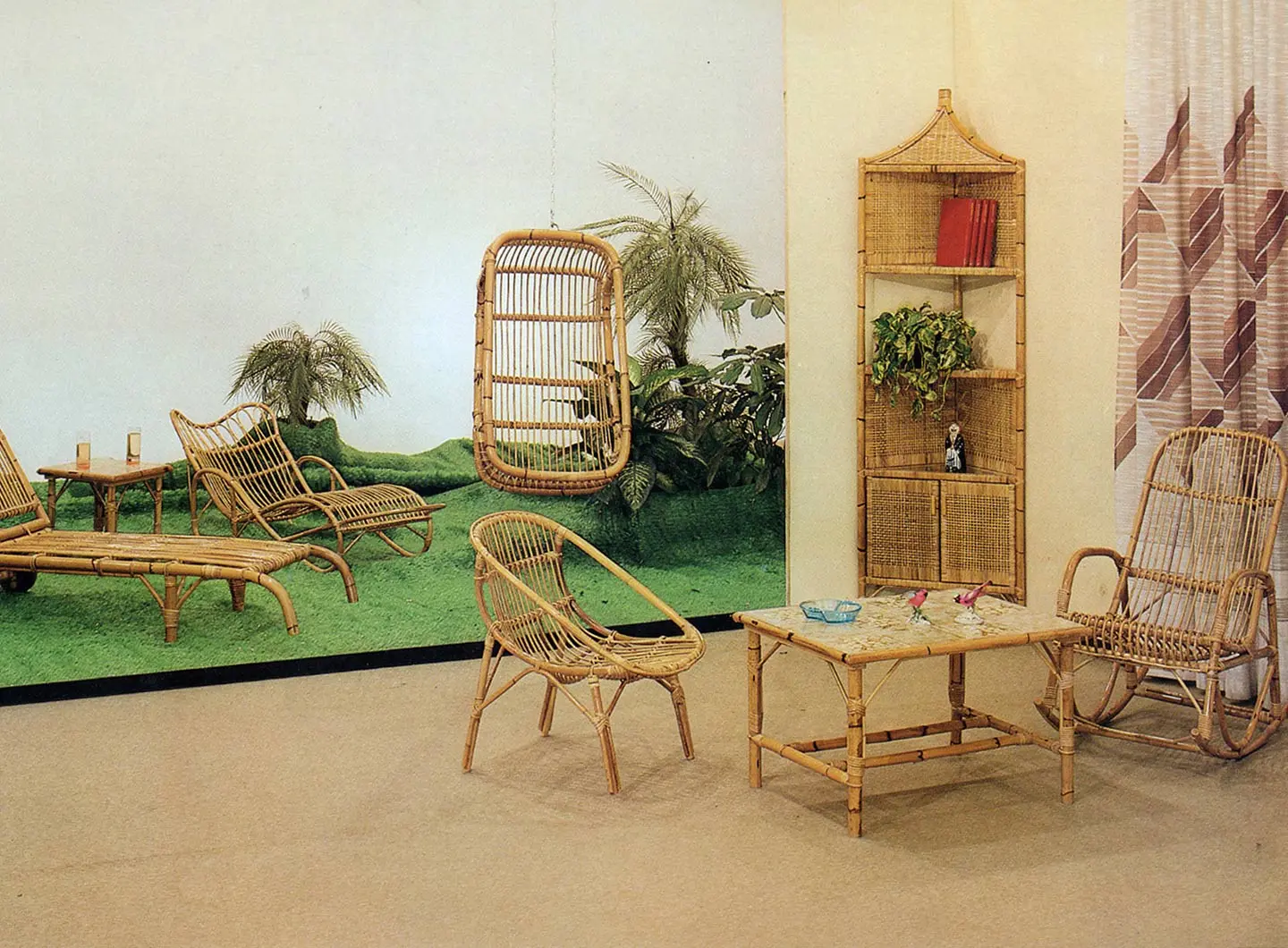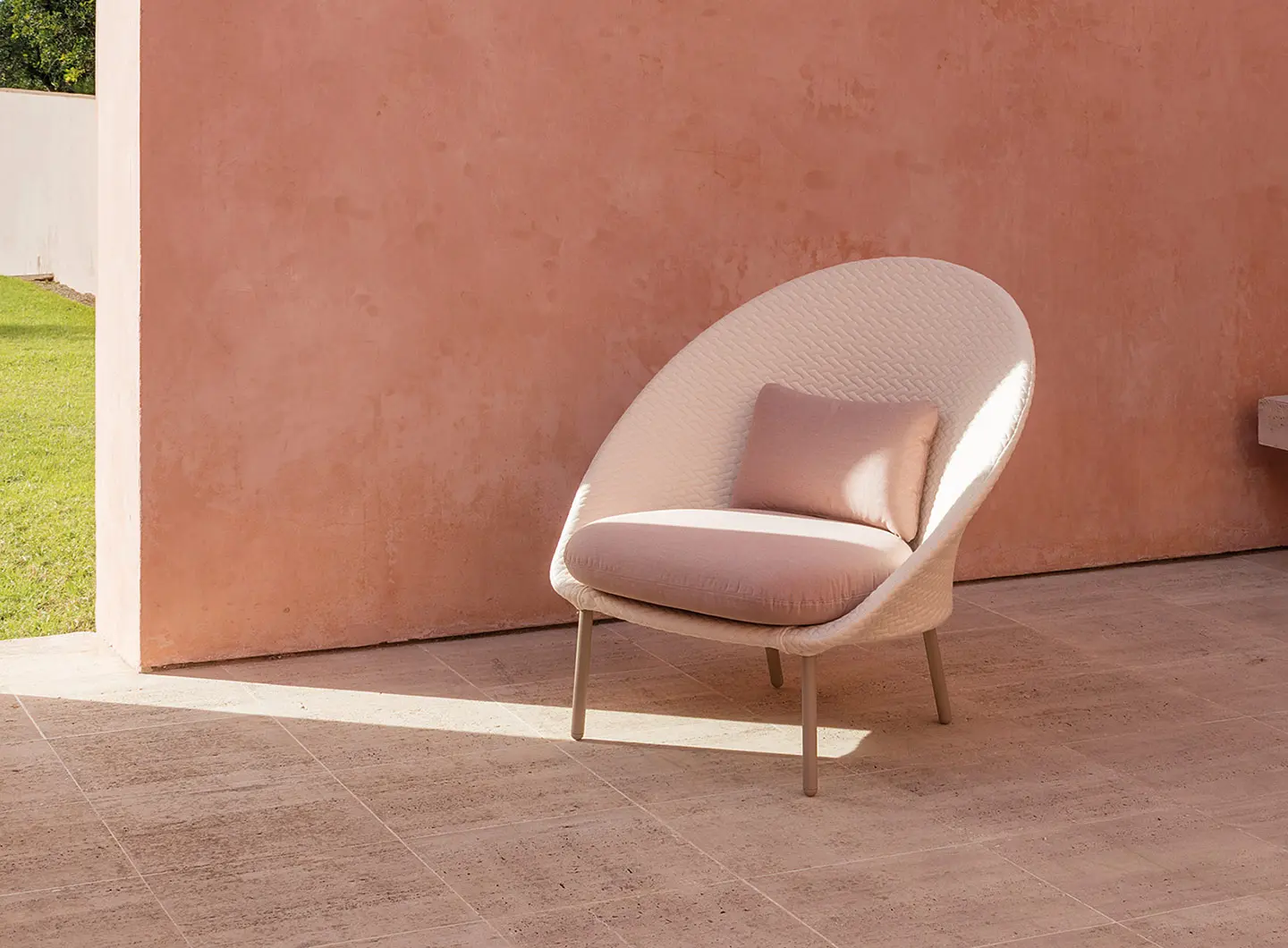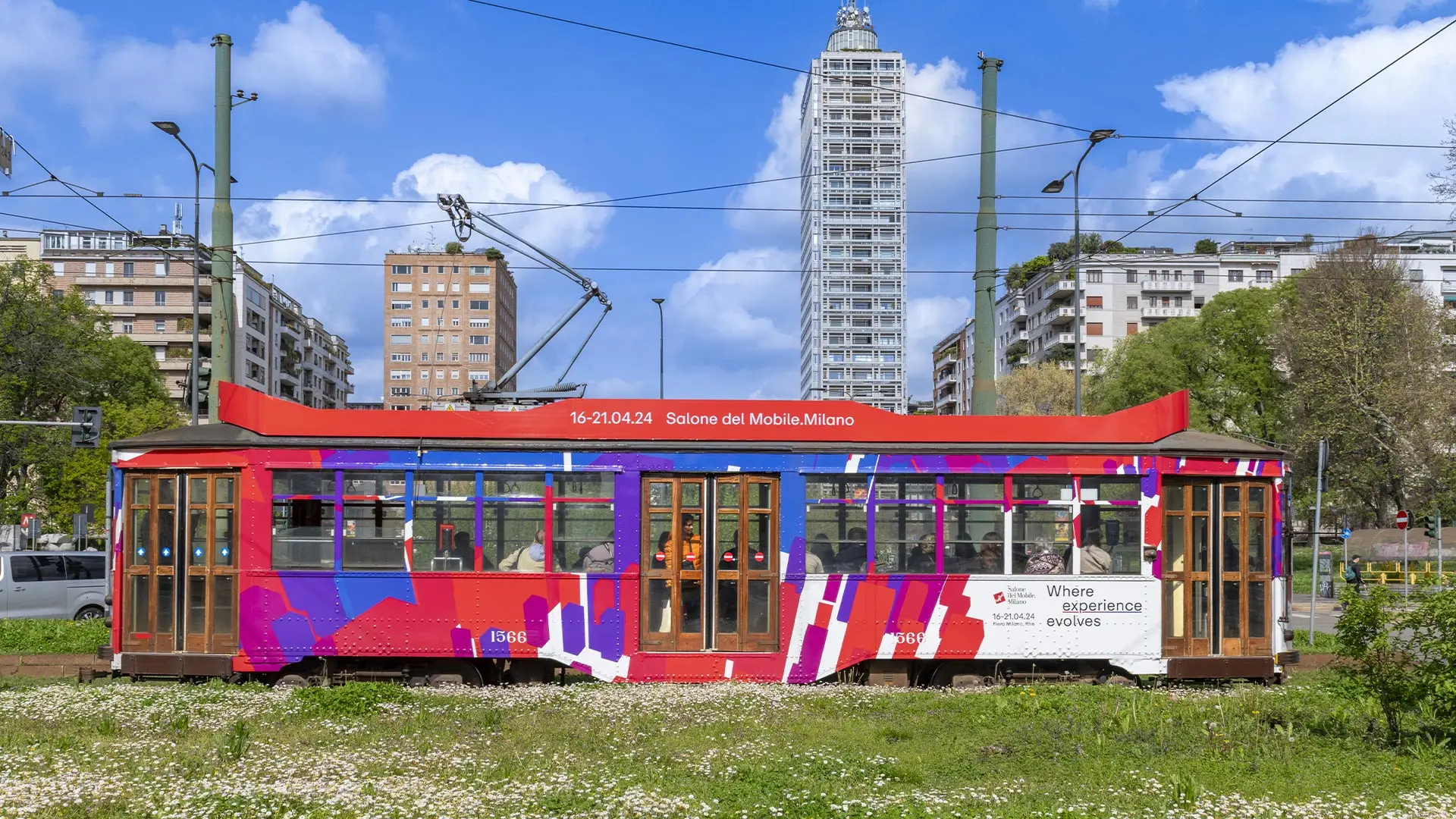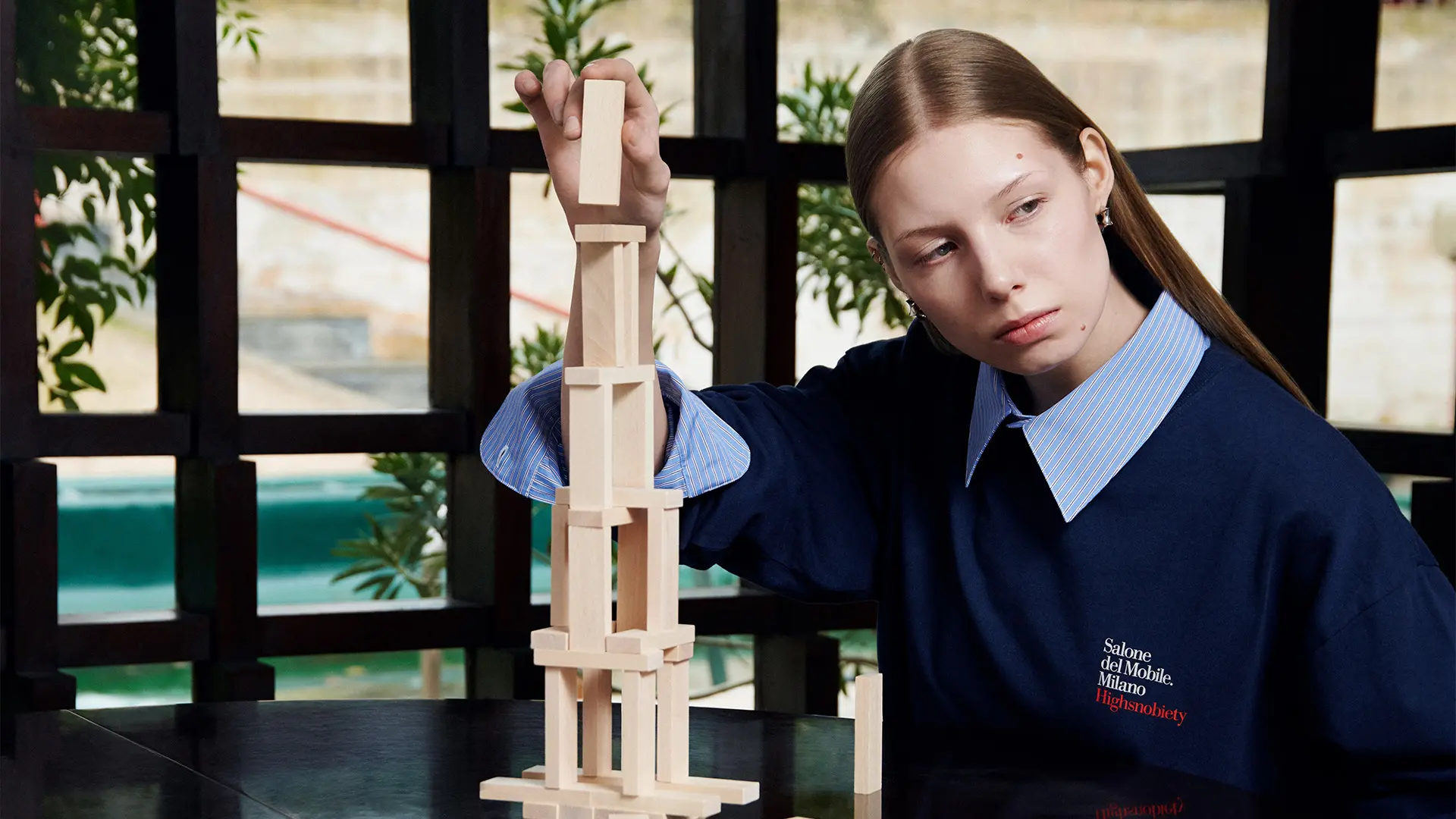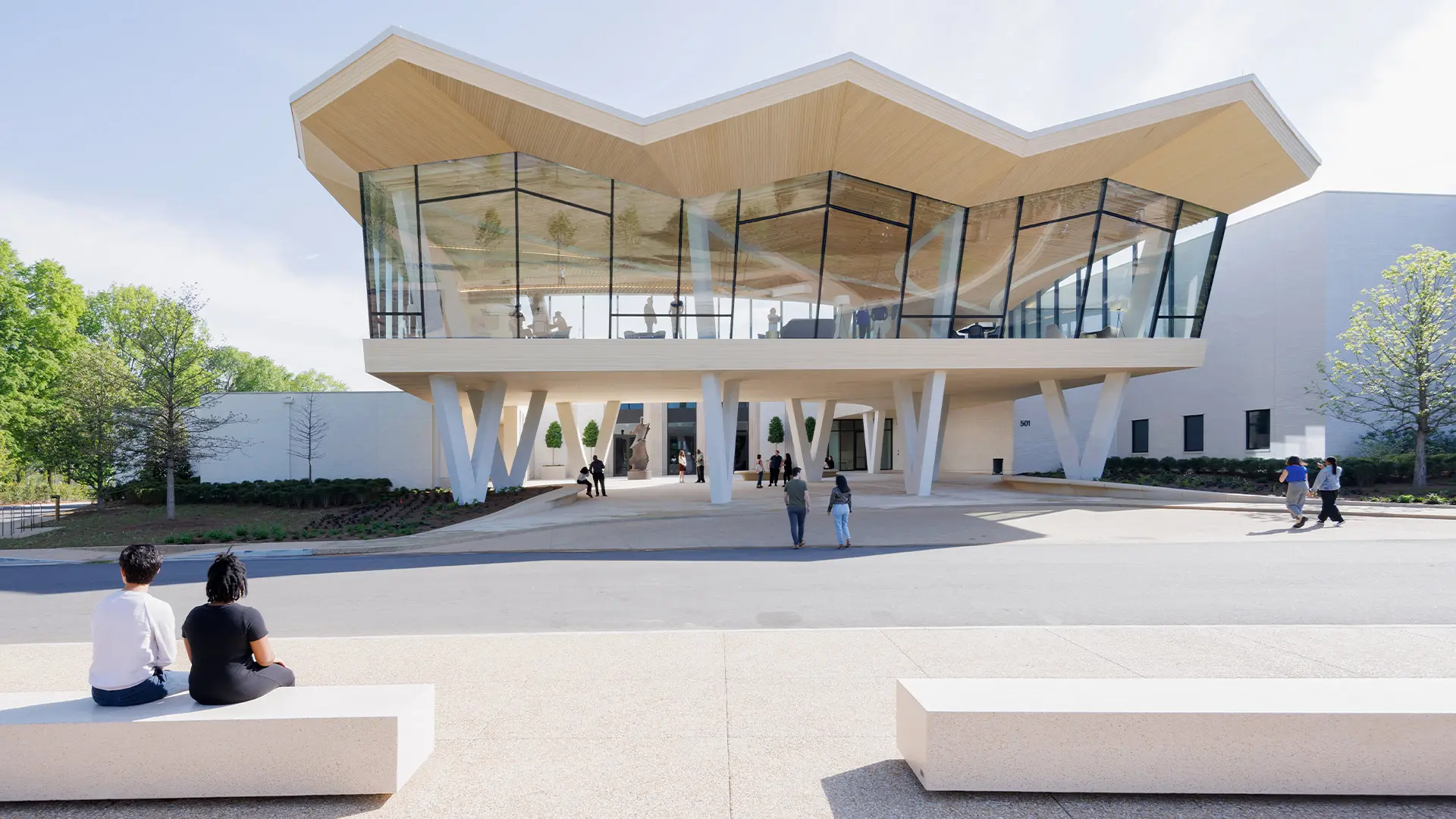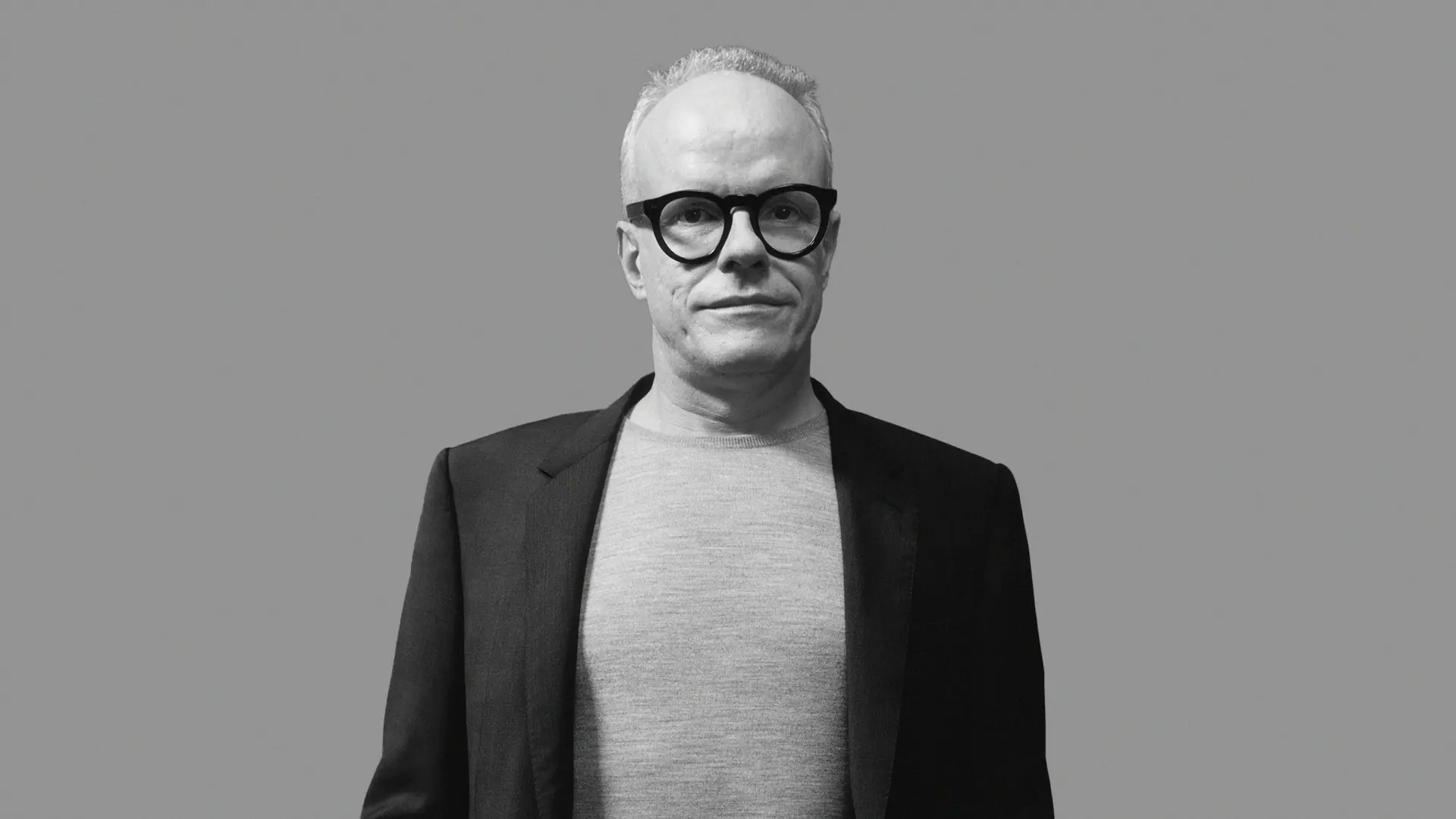Expormim: manual skills as a form of expression
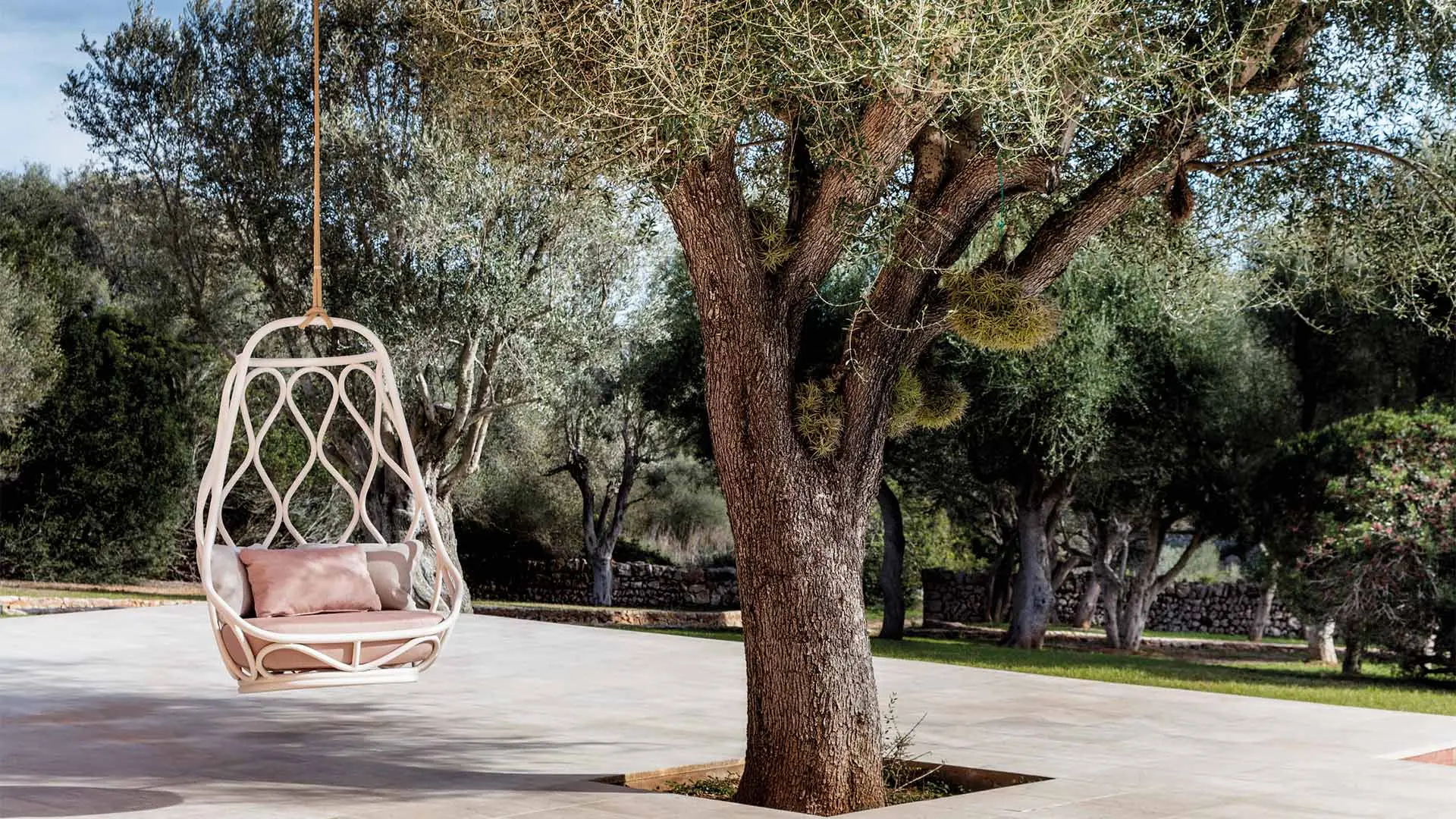
Nautica by MUT Design - ©Meritxell Arjalaguer
Since the '60s, the natural materials, fine design and Mediterranean spirit of Spain's Laso family have won over the world.
Its mission, the export of wicker, has been explicit in the company’s name right from the start. La Exportadora del Mimbre was founded in November 1960 by a lawyer, Miguel Laso Tortosa, who had spent lengthy periods in other European countries. His decision to start a new business venture was fuelled by two simple factors. The first was the lack of products made from natural materials in Europe; the second was the need to industrialise and modernise the agricultural area around Mogente, in the autonomous Valencian community, known for its craftsmanship with two natural fibres: wicker, for the baskets used for the grape harvest and esparto, used for the soles of espadrilles, mattresses and bellows.
Miguel Laso Tortosa made a point of sourcing the raw material for his products came to Mogente from the nearby region of Cuenca, turning it into baskets, folding screens, cradles and trays, artisan products that were very highly rated throughout Europe. His son, Miguel Laso Llopis, left his job in telecommunications engineering in Germany to join his father’s business in 1964. The arrival of Miguel Laso Jr. heralded a wave of innovation, as he reorganised the production plant, and saw to the publication in 1986 of the company’s first catalogue, expanding its product range to include armchairs and chaises longues, previously been made from branches of chestnut wood, without ever losing sight of the firm’s commitment to the manufacture of top quality pieces and upholding the standards of comfort demanded by the new markets.
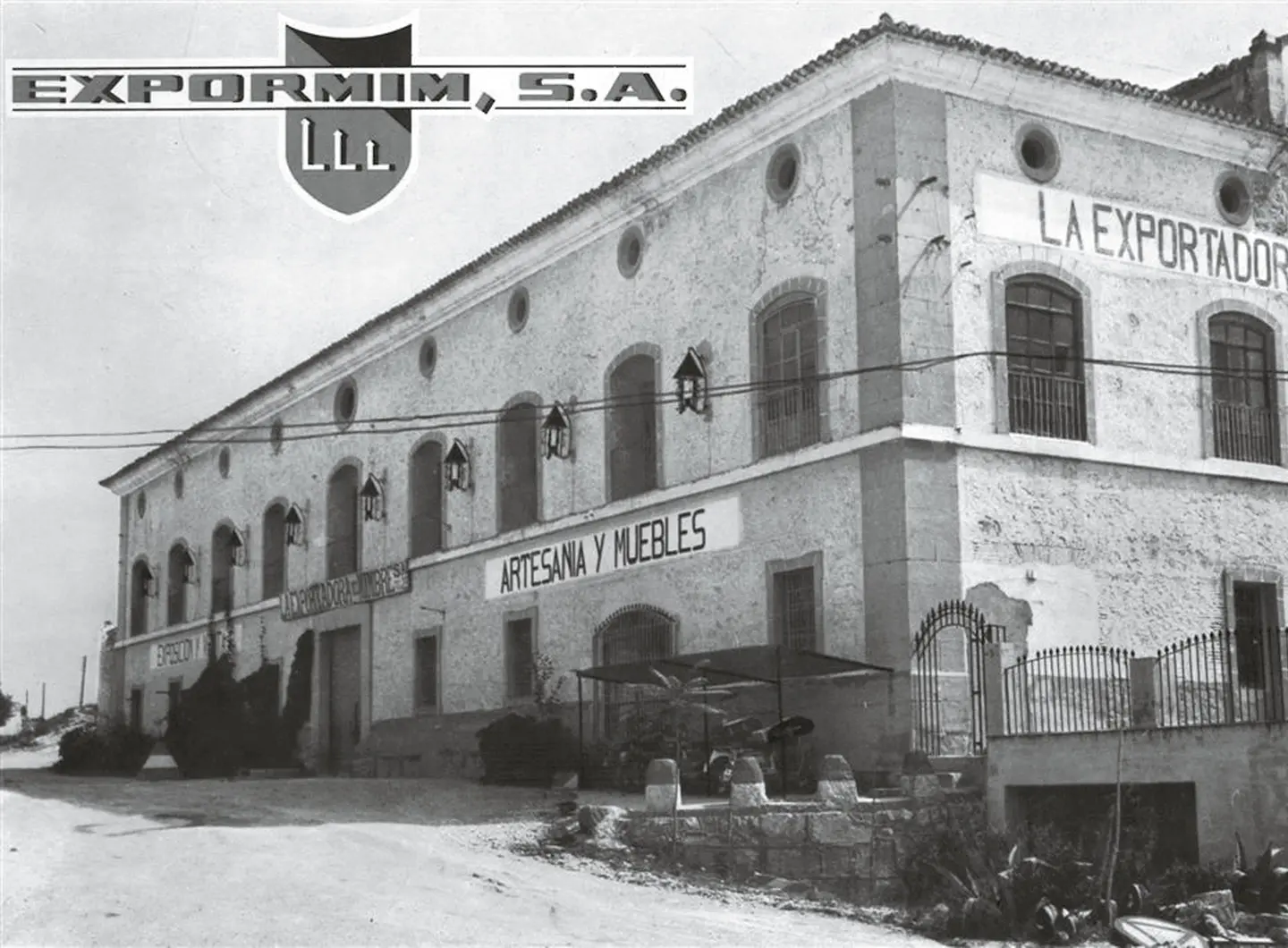
The golden age of Spanish tourism, spanning the late Sixties to the early Seventies, also saw the business become established at European level. Tourists arriving on the Spanish coasts from France, Germany and Scandinavia were captivated by outdoor furniture and natural materials, fuelling the production of cane furniture and sending orders sky-high.
The following decade saw a sharp downturn in the availability of raw materials, obliging the company to turn to foreign markets such as Indonesia, with its myriad top quality rattan plantations. More production plants were built in Spain, and manufacturing was extended to include metal furniture in response to mounting demand from local clients, especially for second homes, as well as international ones. Meanwhile, the name of the company was shortened into its current form, Expormim, more incisive and contemporary, but still with a respectful nod to its origins.
Changing tastes meant changes to production. During the Nineties, rattan lost the appeal that had marked it out in some markets, in favour of more easily cleaned, synthetic materials with simpler, cleaner lines. The company relaunched itself in 2005, setting up its new R&D department in a bid to create products that would meet demand from a public now looking for a more balanced quality/style/cost ratio. The company also embarked on an interesting Strategic Design collaboration with the Design Research and Management (IGD) Group at the Polytechnic University of Valencia. The value of craftsmanship, know-how passed down from generation to generation, remained a distinguishing feature of the company’s industrial production, on a par with the values of creativity and innovation handed down by the founder to the following two generations, which continue to embody his ideals.
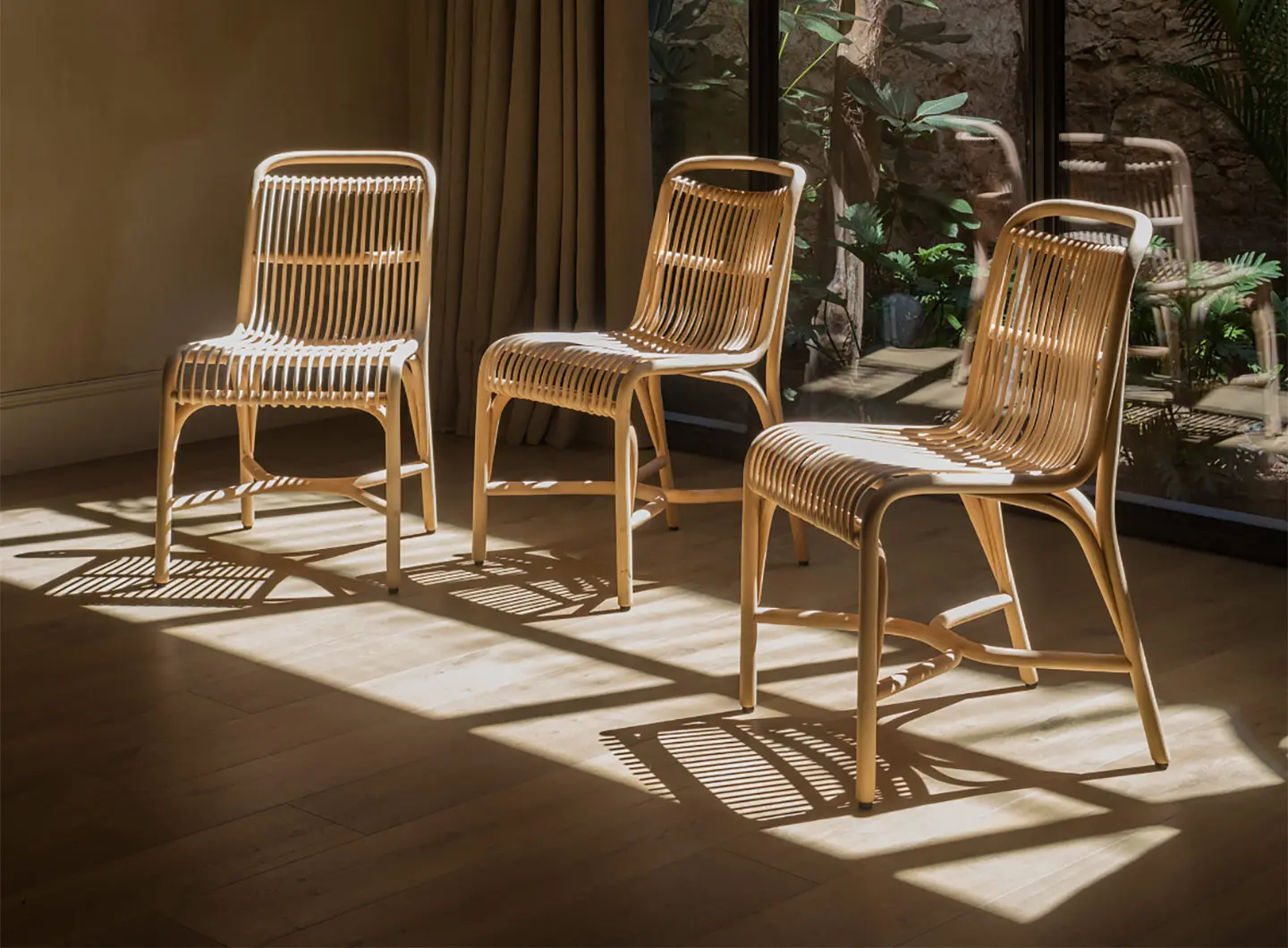
Gata by Miguel Milá - ©Meritxell Arjalaguer
The creative team has brought in renowned architects and designers such as Benedetta Tagliabue, Jaime Hayon, Manel Molina, Mario Ruiz and Oscar Tusquets Blanca, responsible for reintroducing rattan into the collections in 2008, catering to an undimmed Mediterranean tradition. They are all largely responsible for the international success of design products that boast a contemporary feel while preserving their “authenticity,” as the firm describes it.
Tradition and innovation, craftsmanship and sustainability, quality and good design are the hallmarks of this leading enterprise. Its pieces are exhibited in museums and have garnered recognition and awards. It makes furniture for indoors and outdoors, for private homes and contract projects, for exclusive hotels, restaurants, bars and gastropubs. The company was also responsible for the interiors of the Spanish Pavilion at EXPO 2015 in Milan.
The Laso family credo is to keep the cultural values of its own heritage alive in the face of constant, often unexpected social change, along with a resolution to assimilate the good and eliminate the superfluous and the ugly as it embraces the future.
“We like that our furniture speaks well of us. We want to express purity, simplicity, welfare and ethics associated with our region. We intend to promote products marked with a Mediterranean character, spreading the culture behind them.”
Congratulations on reaching 60!



